US Bill Seeks to Rescue Foreign Clergy from Deportation Amid Green Card Backlog
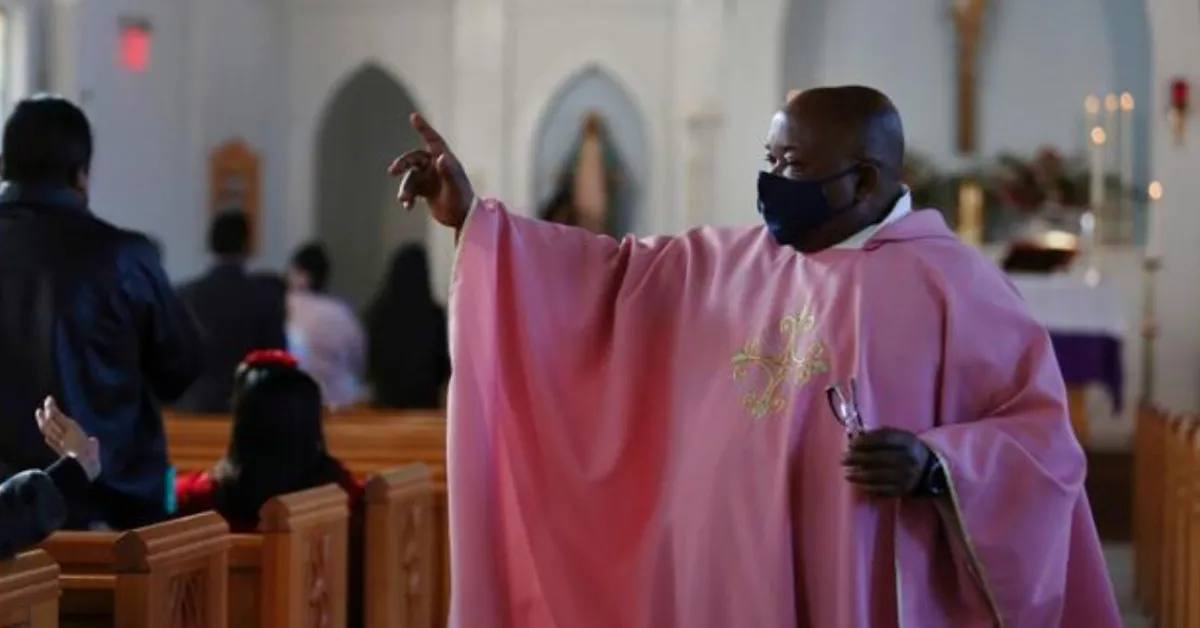
A bipartisan legislative push in the United States Congress is gaining momentum as faith leaders nationwide voice their support for a bill designed to ease immigration bottlenecks affecting foreign-born clergy.
The proposed measure seeks to address a critical flaw in the current system, potentially offering a lifeline to thousands of religious workers facing deportation due to administrative delays. The central issue stems from a policy shift implemented by the Biden administration in March 2023. This change modified the processing of green cards under the EB-4 category, which encompasses both religious workers and abused minors with Special Immigrant Juvenile Status (SIJS).
By merging these two distinct groups into a single processing queue, the policy has created an unprecedented backlog, effectively stalling green card approvals for religious workers and jeopardising their ability to remain in the country upon the expiry of their temporary R-1 visas. Faith leaders are warning of severe consequences if legislative intervention is not forthcoming.
Many religious institutions rely heavily on foreign-born clergy to minister to diverse and multilingual congregations, particularly in rural and underserved areas. The Glenmary Home Missioners, a Catholic order serving rural America, reports that two-thirds of its priests and brothers under the age of 50 are foreign-born, hailing primarily from Kenya, Mexico, Nigeria, and Uganda. These individuals now face the prospect of forced departure due to visa expirations and stalled green card applications.
"Unless there is a change to current practice, our community is slowly being strangled," said Rev. Aaron Wessman, vicar general of the Glenmary Home Missioners. "I will weep with joy if this legislation passes. It means the world for our members who are living in the middle of uncertainty and for the people they’ll be able to help."
The proposed legislation, introduced by Democratic Senator Tim Kaine of Virginia, with Republican Senators Susan Collins of Maine and Jim Risch of Idaho as co-sponsors, seeks to provide temporary relief by authorising the Department of Homeland Security to extend R-1 visas for religious workers with pending green card applications. The bill also aims to prevent minor job changes—such as promotions or parish reassignments—from invalidating those applications.
Republican Representative Mike Carey of Ohio has introduced a companion bill in the House of Representatives, also enjoying bipartisan support. Both bills are currently under review in their respective judiciary committees. Advocates argue that the legislation is modest in scope and should be palatable, even in a politically charged climate.
“To be frank, I don’t know what objections people could have,” said Lance Conklin, co-chair of the religious workers group within the American Immigration Lawyers Association. “The bill doesn’t require more green cards, just a time extension on existing visas.”
The urgency of the situation is underscored by the broader context of declining clergy numbers in the United States. Data from the Center for Applied Research in the Apostolate at Georgetown University reveals that the number of Catholic priests has dropped by more than 40% since 1970. While some dioceses report a recent uptick in vocations—possibly inspired by the election of Pope Leo XIV, the first US-born pontiff—the overall trend remains concerning. Consequently, foreign-born clergy have become increasingly essential to maintaining religious services, especially in communities with growing immigrant populations.
The Diocese of Paterson in New Jersey, which serves over 400,000 Catholics across 107 parishes, has taken legal action in response to the policy change. Last summer, the diocese and five of its affected priests filed a lawsuit against the Department of State, Department of Homeland Security, and US. Citizenship and Immigration Services (USCIS), arguing that the 2023 shift would cause “severe and substantial disruption to the lives and religious freedoms” of both clergy and congregants.
Although the parties agreed to stay the lawsuit in anticipation of legislative progress, the failure to include the proposed fix in a sweeping immigration bill signed into law earlier this month has prompted the diocese to resume legal proceedings. “We just can’t wait anymore,” said Raymond Lahoud, the diocese’s attorney.
The root of the backlog lies in the surge of SIJS applications from Central American minors, particularly from Guatemala, Honduras, and El Salvador. These children, many of whom crossed the border illegally seeking humanitarian protection, were previously processed in a separate queue. The 2023 policy change folded them into the EB-4 category, which also includes religious workers. USCIS has acknowledged the resulting bottleneck and attributed it to the influx of SIJS applications, noting widespread fraud in the programme.
As a result, EB-4 green cards became unavailable halfway through the fiscal year, and projections suggest that religious workers may face a six-year wait once the new fiscal year begins in October. This timeline far exceeds the five-year limit of R-1 visas, leaving many clergy with no legal pathway to remain in the country. The implications extend beyond individual hardship.
Faith leaders argue that the loss of foreign-born clergy would erode the social fabric of communities that rely on religious institutions not only for spiritual guidance but also for essential services such as food distribution, education, and mental health support.

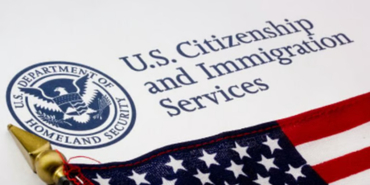
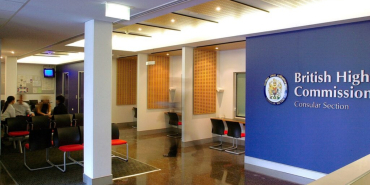


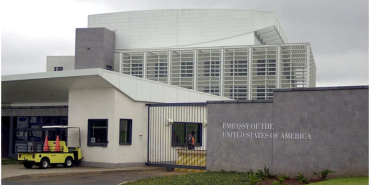

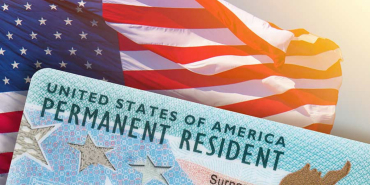

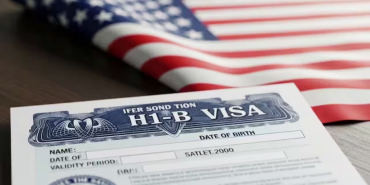


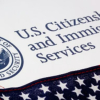

Add new comment